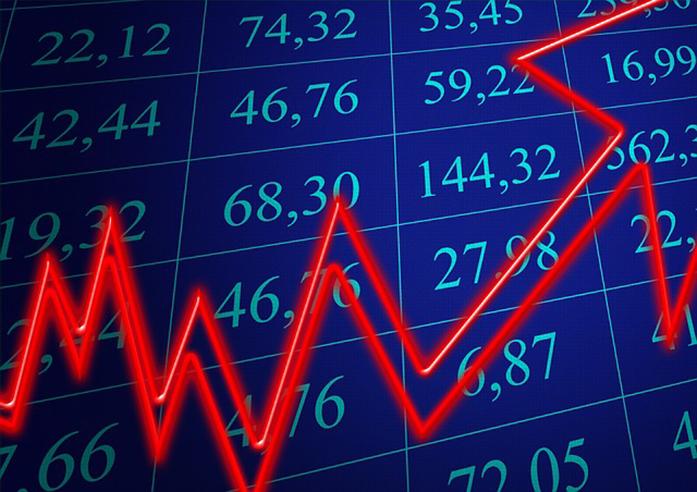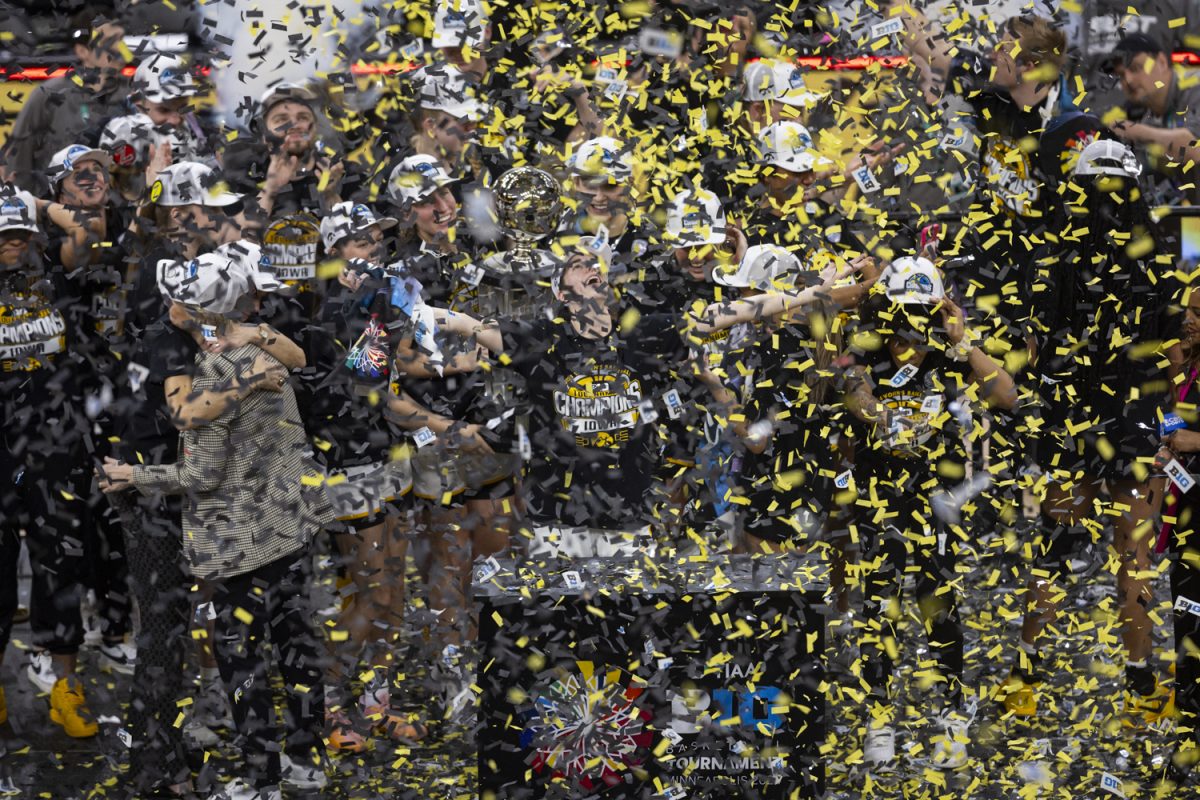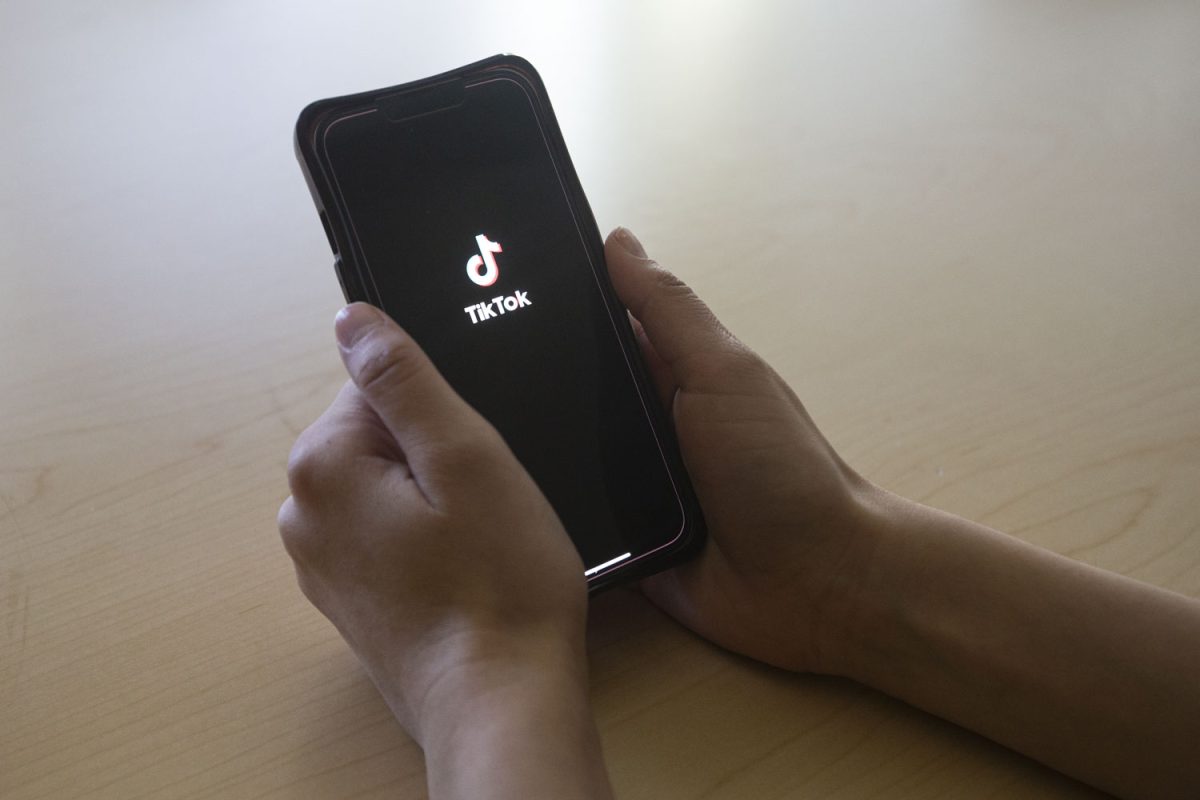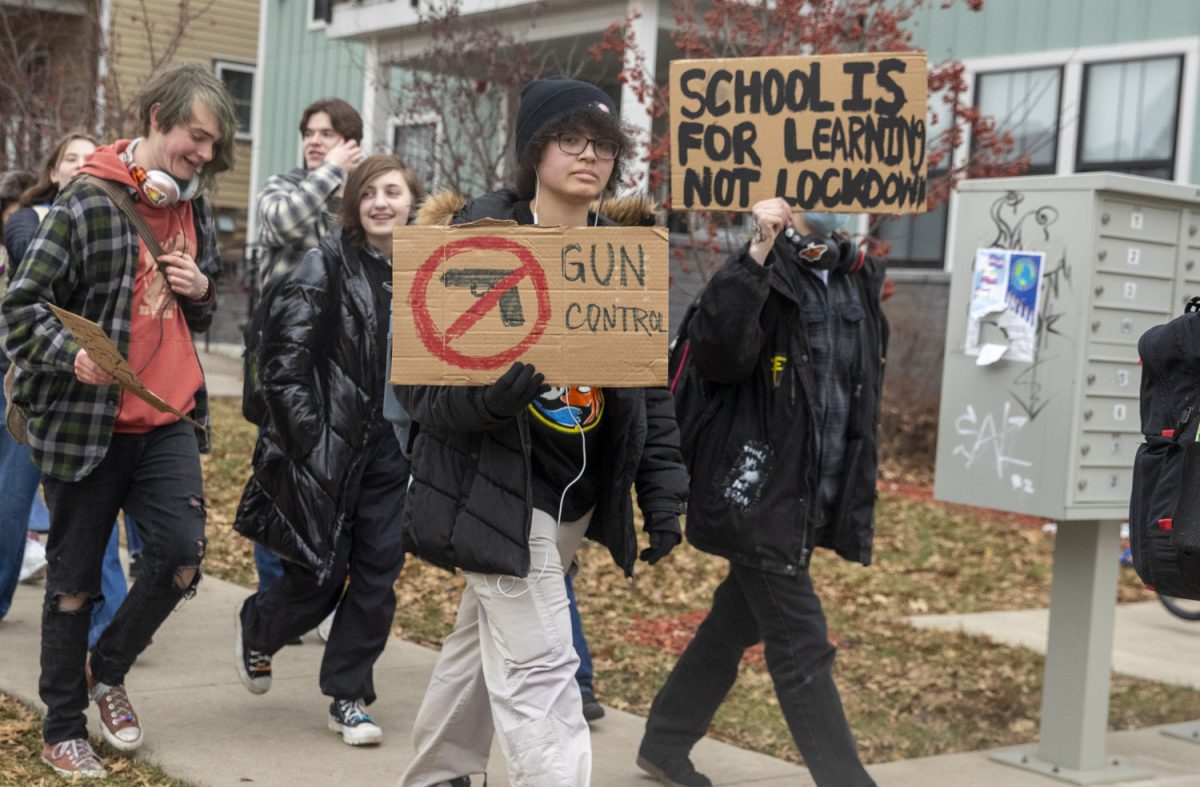This presidential election race, particularly its coverage, is shaping up like an MTV “Real World” season. With public distrust in the U.S. government’s functionality at a peak, polling suggests more voters than ever are looking toward outsider candidates without political pedigree as an alternative fix to this country — however the hypothetical effectiveness of a Ben Carson, Carly Fiorina, or Donald Trump presidency would be. A few political scientists have found that general distrust might be grounded in more real terms: economic inequality.
University of Oregon economist John Voorheis, alongside Professors Nolan McCarty (Princeton) and Boris Shor (Georgetown), published a study analyzing the growing wealth gap and political-ideology chasm in America. Where the two may have been seen as corollary, Voorheis et al. found causation by using the Gini coefficient, which measures how wealth is distributed across the national landscape. Over the past two decades, money has radically funneled its way upward.
As a result, Voorheis et al. argue, state legislatures have shifted more overall to the right in response to dwindling incomes. By analyzing political leanings at the state level, the Democratic Party is becoming more liberal, while conversely legislatures are heading toward conservative ideals in the wake of economic inequality. Democrats in office are now being replaced with Republicans.
The study concluded the resultant polarization has created structural gridlock in Washington, in which policymakers merely bicker and banter on the topic of addressing the wealth gap.
In the political disarray, rising housing costs have suppressed economic mobility. In the case of Iowa City, despite the City Council’s moves to preserve six historic sites this term, others, such as the cottages on South Dubuque Street, have made way for a recent infatuation in high-rise development — or gentrification under the Riverfront Crossings master plan. The new housing blueprints cater almost exclusively to those of middle- and upper-class standing, which is a widely documented and quickly vanishing affluence.
However, embedded deeper in economic inequality is another structural hindrance for economic mobility: racial bias in housing values. According to a recent Johns Hopkins University study, which analyzed data from a composite survey of the American populace by the Panel Study of Income Dynamics, black families lost 47 percent of their mortgage wealth compared with the 33 percent drop in their white counterparts since the turn of the millennium.
The study further concluded that African-American families would have increased their wealth, albeit marginally, if they had rented instead of purchasing homes. Between 2005 and 2007, those families would have accumulated $1,300, jumping to $2,700 by 2011, factoring in wage raises and debt payment in the national economic climate. That’s still $3,900 less net worth than their white counterparts.
Due in part to the current housing environment, renting is rapidly increasing, with the Urban Institute projecting a climb in 22 million households by 2030, while the aftermath of the financial crisis will continue to limit African American homeownership. Subsequently, black family homeownership rates will drop 6 percentage points by 2030 to 40 percent.
The muck of political gridlock may in no small way be a reflection of growing economic inequality, which is systemically disenfranchising people of color. Where voters may be seeking outside sources to stir the proverbial pot in Washington, certain GOP candidates, namely Carson and Trump, have historic tendency to benefit by multilevel marketing model, or get-rich-quick pyramid schemes.
Carson has endorsed Mannatech since 2004, a vitamin company whose sale associates average annual earnings equate to less than a $1,000 salary, according to the Wall Street Journal. Trump owned a personal multilevel marketing company, Trump Network, between 2009 and 2012. The available alternative presidential candidates during this election season are extensions of the wealthy, perpetuating economic inequality, which is a cause of political dysfunction. This feedback loop stalls attempts to end gridlock and enact legislation.










